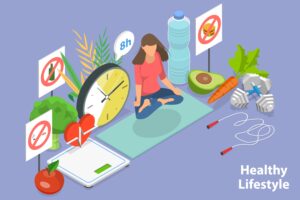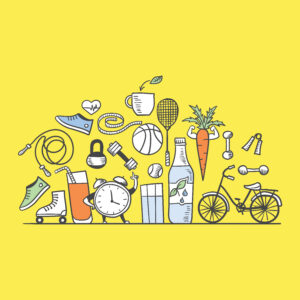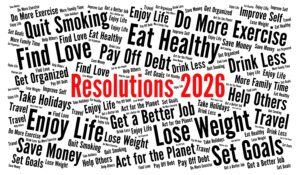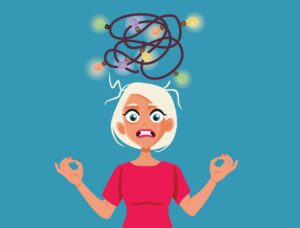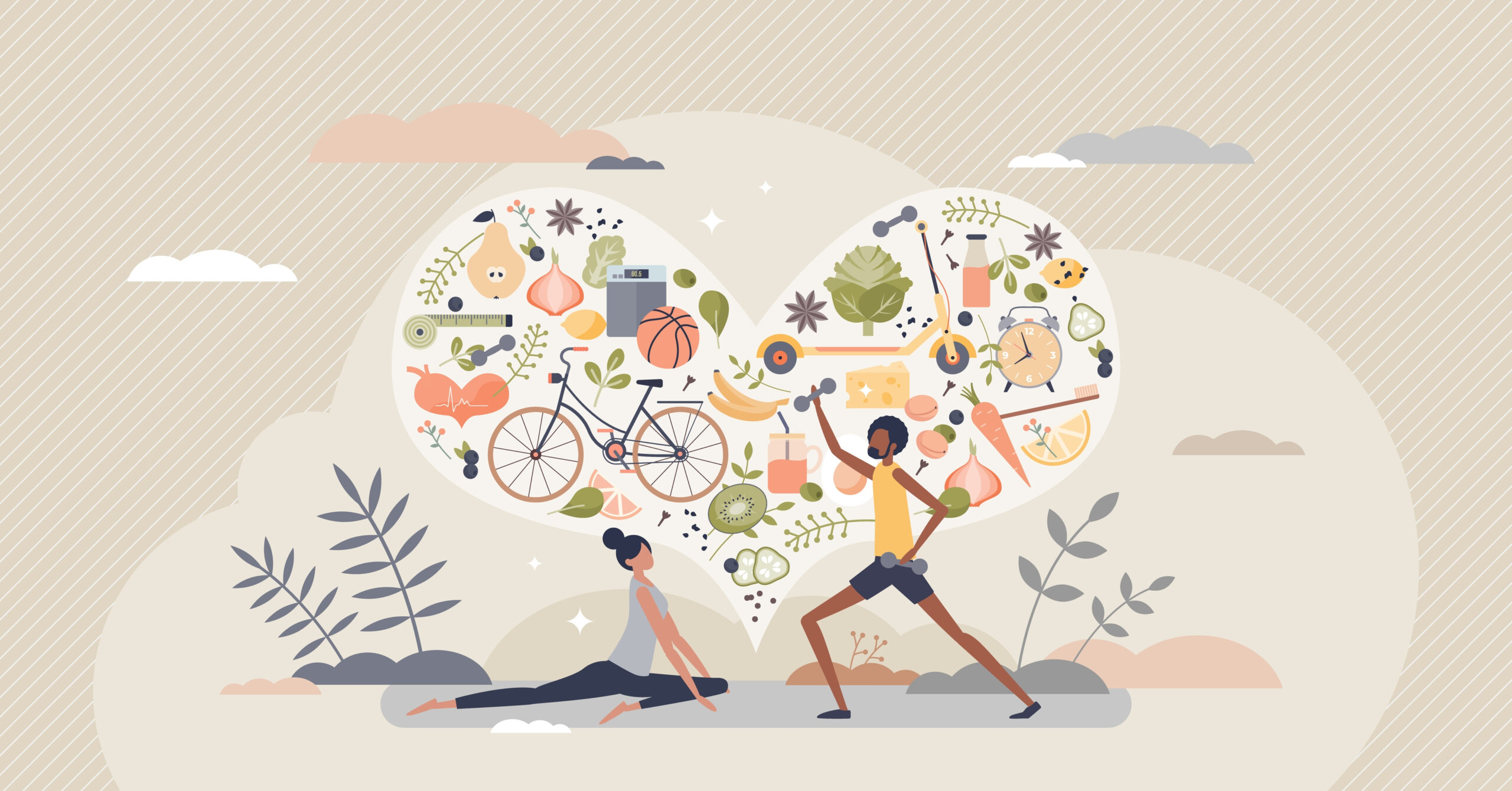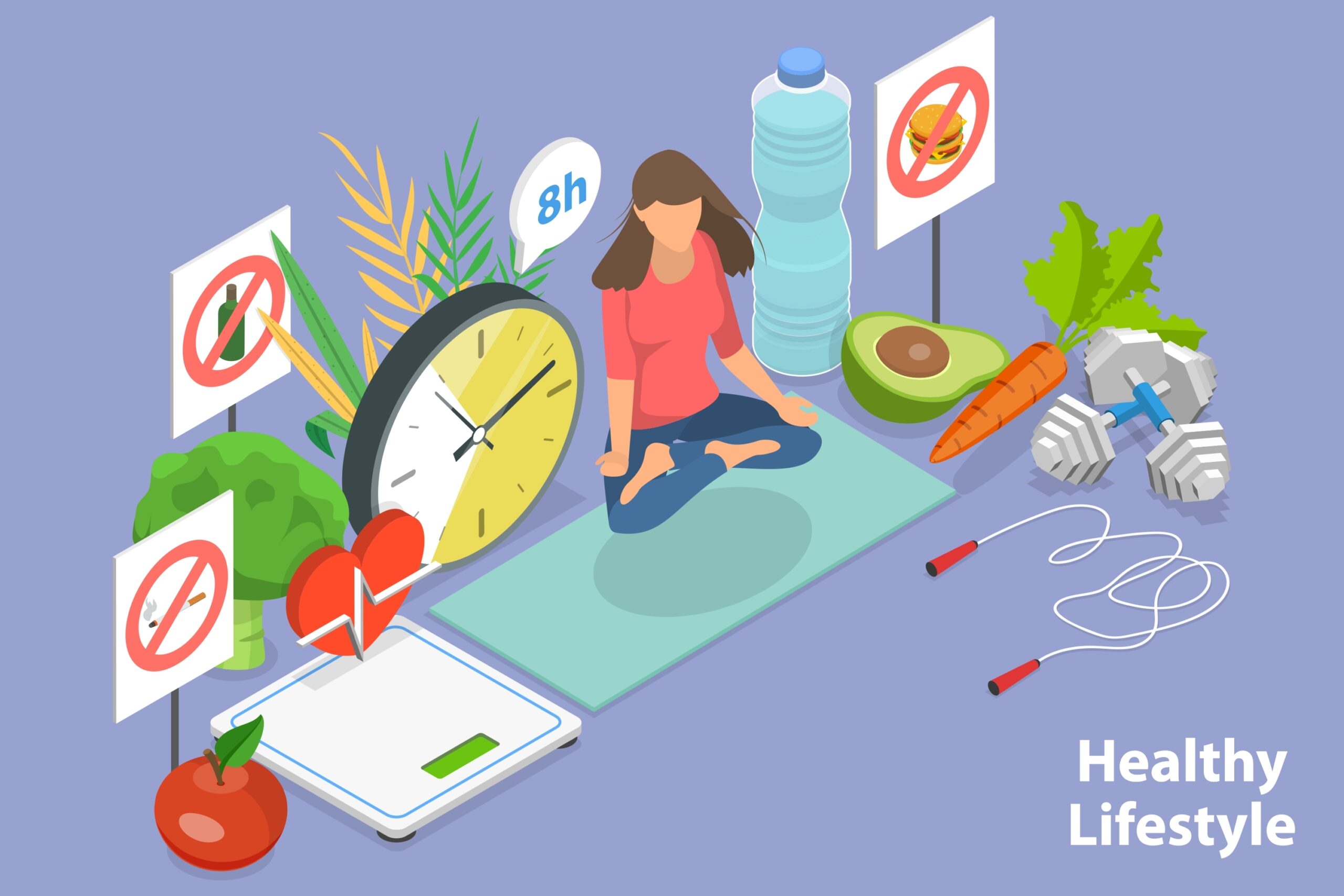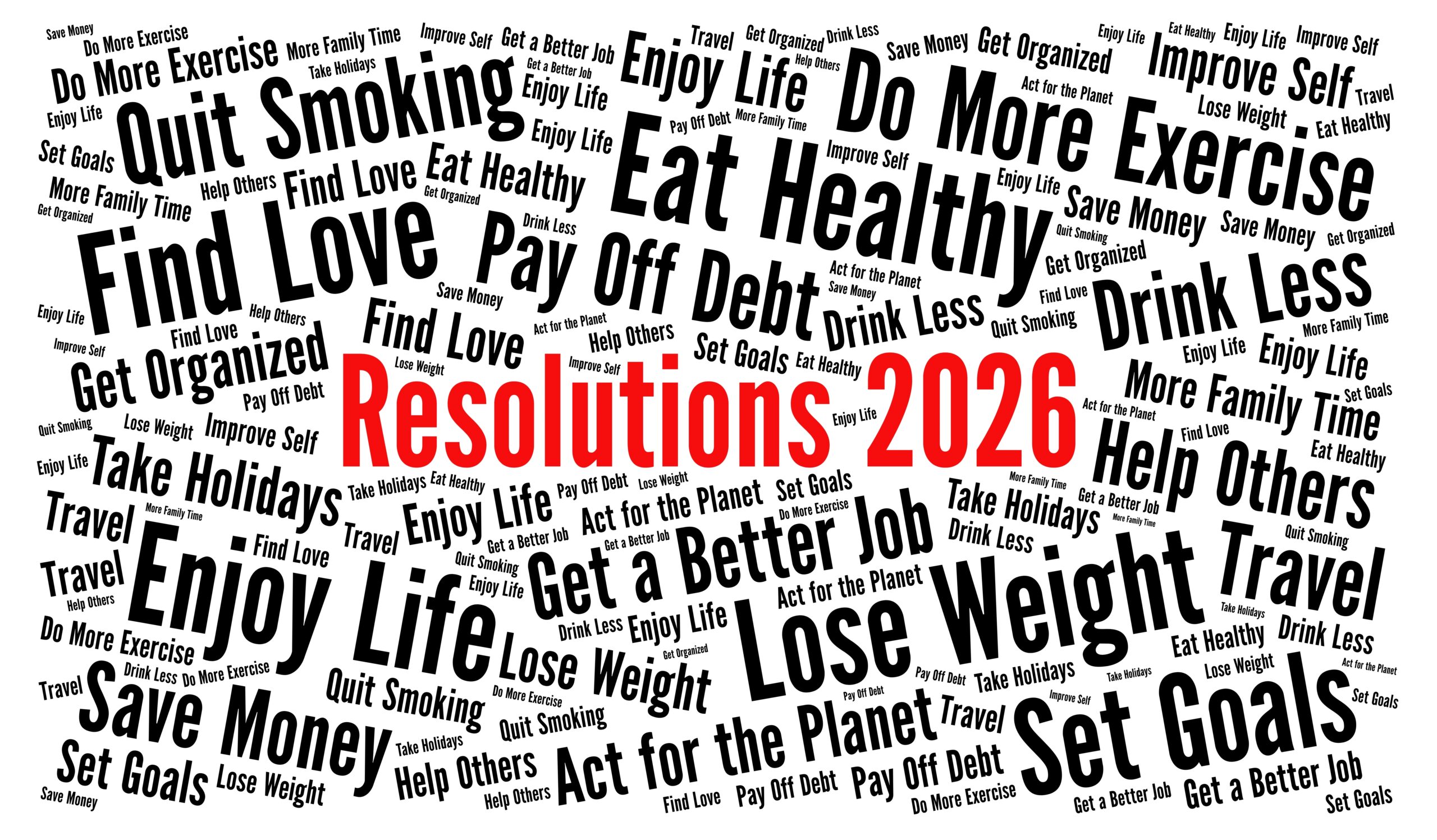Exhaustion seems to be a universal experience. If you’re constantly asking yourself, “Why am I tired all the time?” you’re not alone. A pervasive sense of fatigue plagues our society, from students to seasoned professionals. But what’s really driving this collective weariness? Let’s explore some common reasons for persistent tiredness and how the Iterative Mindset Method™ can help you find sustainable solutions.
Understanding Fatigue and the Habenula
Fatigue is more than just feeling sleepy. A persistent lack of energy can affect your physical and mental well-being. Recent brain science points to a tiny region called the habenula as a hidden component in our ongoing exhaustion.
The habenula acts as a “failure detector,” and motivation kill switch, activating whenever we perceive failure or disappointment. When triggered, it suppresses our intrinsic motivation circuits, sapping energy and momentum. Understanding the habenula’s role can help us approach fatigue from a new perspective.
Common Causes of Ongoing Tiredness
Here are some common reasons you may be tired all of the time.
1. Sleep Issues
One of the most obvious reasons for feeling tired is not getting enough quality sleep. Adults typically need 7-9 hours of sleep per night. However, it’s not just about quantity; quality matters too.
2. Social Media and Digital Overload
Late-night “doom scrolling” floods the brain with social comparisons and unrealistic standards that can register as mini-failures, triggering the habenula. This pre-bedtime activation can disrupt sleep, leaving us unrefreshed and unmotivated.
3. Constant Performance Pressure
The pressure to perform constantly further drains our reserves. Digital life means we’re always accessible and “on,” leaving little room for true rest and recovery.
4. Nutrient Deficiencies
Your body needs various nutrients to function optimally. Deficiencies in iron, vitamin B12, vitamin D, and magnesium can lead to fatigue.
5. Chronic Stress
In today’s world, chronic stress is increasingly common. According to research published by the American Psychological Association, “Among the day-to-day stress categories, health-related stressors (65%), money (63%), and the economy (64%) were reported among the top significant sources of stress in adults’ lives.” When you’re constantly in “fight or flight” mode, it can take a toll on your energy levels.
6. Underlying Health Conditions
Sometimes, persistent tiredness can be a symptom of an underlying health issue. Conditions like thyroid disorders, diabetes, heart disease, and chronic fatigue syndrome can all cause ongoing fatigue.
7. Sedentary Lifestyle
While it might seem counterintuitive, a lack of physical activity can actually lead to feelings of fatigue.
Breaking the Cycle with the Iterative Mindset Method™
It’s easy to fall into a cycle of frustration and self-blame when dealing with persistent fatigue. This is where the Iterative Mindset Method (IMM) can be particularly helpful. The IMM is a brain science-based approach to behavior change that focuses on trying, assessing, and adjusting rather than setting rigid goals or tracking specific metrics.
Here’s how you can apply the IMM to address your fatigue:
- Try: Instead of setting strict rules, start by making small changes. For example, you could reduce screen time before bed or add a short walk to your daily routine.
- Assess: After a few days, assess how these changes make you feel. Are you noticing any difference in your energy levels? Remember, there’s no failure here – only information.
- Adjust: Based on your assessment, make adjustments. If reducing screen time helped, you might try extending the screen-free period. If not, you might try a different approach, like a relaxing bedtime routine.
The key is to keep iterating. Each attempt provides valuable information about what works for your body and lifestyle.
Practical Steps to Combat Fatigue
While applying the Iterative Mindset Method, here are some practices you can try to address your fatigue:
Mindful Technology Use
Experiment with adjusting your technology habits, especially before bed. You might try reducing social media use or setting a “digital curfew” an hour before sleep.
Create “Hideaways”
Try carving out brief periods of solitude throughout your day for recharging. This could be a 5-minute meditation break or a short walk outside.
Connect with Nature and Others
Experiment with incorporating more real-world experiences into your routine. This could be a weekly nature walk or scheduling regular in-person meetups with friends.
Prioritize Sleep Hygiene
Create a relaxing bedtime routine and aim for consistent sleep and wake times.
Nourish Your Body
Focus on eating a balanced diet rich in whole foods and stay hydrated throughout the day.
Move Your Body
Regular physical activity can boost energy levels. Start small – even a 10-minute walk can make a difference.
Practice Mindfulness
Being present in the moment can help reduce stress and improve overall well-being.
Remember, there’s no one-size-fits-all solution to fatigue. The IMM encourages you to find what works best for your unique situation through trying, assessing, and adjusting.
When to Seek Professional Help
While lifestyle changes can often help improve energy levels, persistent fatigue can sometimes indicate an underlying health condition. If your fatigue is severe, lasts for an extended period, or is accompanied by other symptoms, it’s important to consult a healthcare professional.
Embracing the Fatigue Journey
Overcoming fatigue is a journey, not a destination. It’s about finding what works for you and being willing to adjust as needed. The Iterative Mindset Method encourages you to approach this journey with curiosity and self-compassion.
By understanding the hidden biological forces driving modern depletion, like the habenula, and consciously crafting a lifestyle that works with, not against, our brains’ needs, we can reclaim our energy. In doing so, we not only boost our well-being but model a more human, sustainable way of being for the collective.




